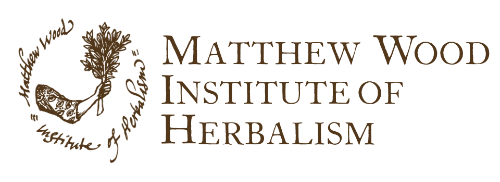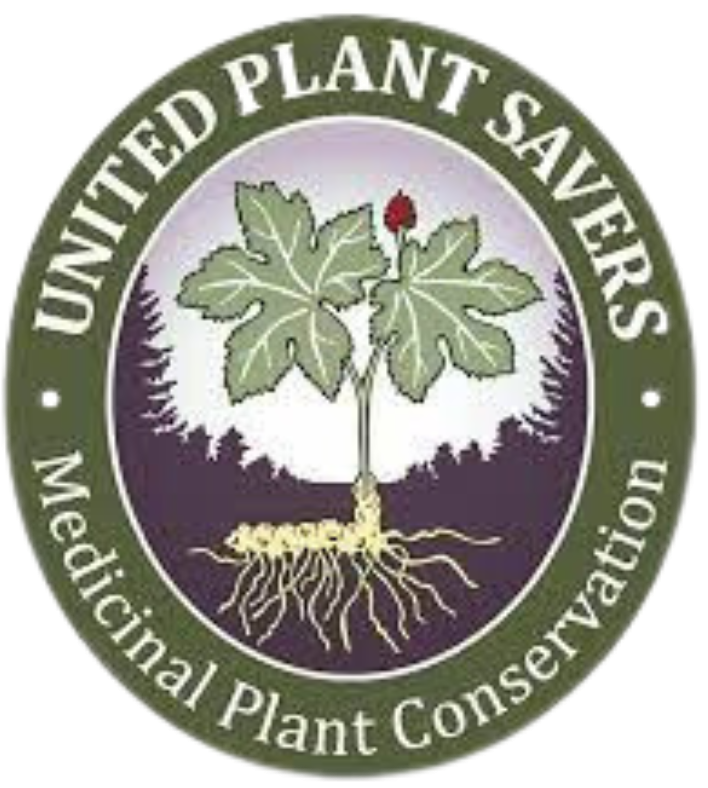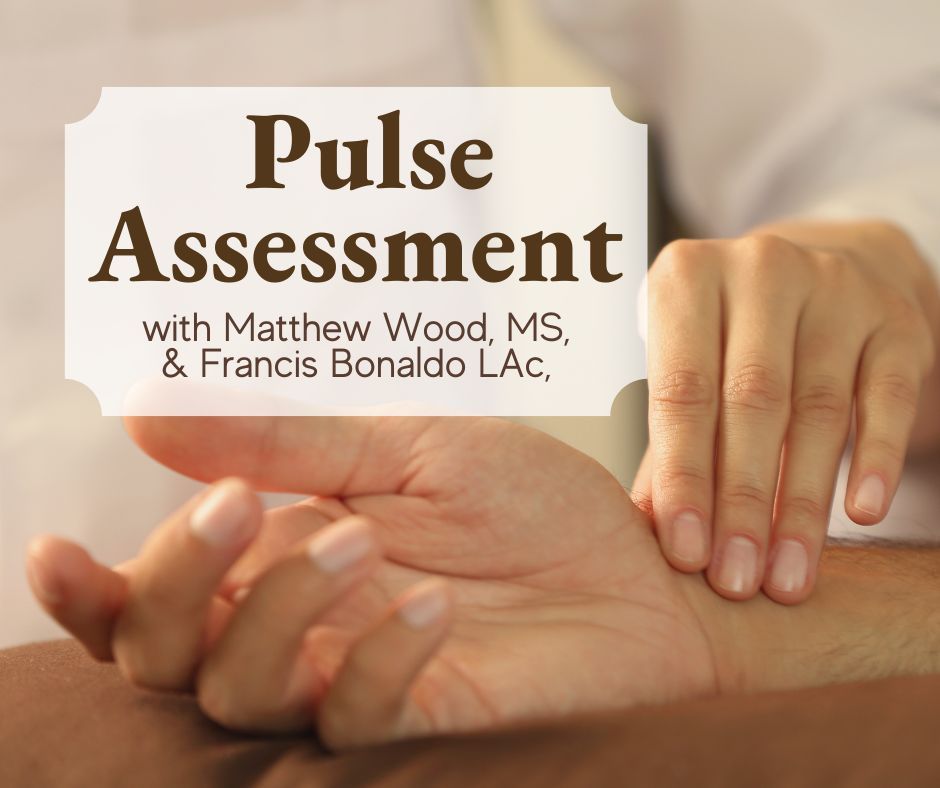
Pulse Assessment
Profound - Enlightening - Liberating
A time-tested, expert-level clinical skill that you can apply starting day one!
Chinese medicine practitioners have been using this skill as an effective assessment tool for centuries, and now so can you!
Before blood tests or expensive assessment procedures, practitioners relied on observing the signs the body gave about what was ailing the patient.
We still recognize that the pulse tells us a good deal about the condition of the body; observing the heart rate, the heart rate variability or the intensity of the pulse.
But there is so much more we can gain from observing the pulse, for example: where the ailment stems from, other organs that are affected, whether an ailment is due to weakness or excess in an area of the body. We can also utilize the pulse to detect if a chosen remedy is helpful or not.
Before blood tests or expensive assessment procedures, practitioners relied on observing the signs the body gave about what was ailing the patient.
We still recognize that the pulse tells us a good deal about the condition of the body; observing the heart rate, the heart rate variability or the intensity of the pulse.
But there is so much more we can gain from observing the pulse, for example: where the ailment stems from, other organs that are affected, whether an ailment is due to weakness or excess in an area of the body. We can also utilize the pulse to detect if a chosen remedy is helpful or not.
Pulse Assessment with Guest Teacher Francis Bonaldo, LAc.
Includes
Support Materials
Free intro. to Tongue and Facial Assessment
Support Materials
Herb walks & examples from multiple volunteer clients
Video
18 hours of video
Certificate
Certificate included
(see more below)
This is for you if you...
Upon completion, you will...
Teachers
Matthew Wood, MS
Matthew Wood has been a practicing herbalist for over forty years. He is an internationally known teacher and author with more than ten books to his credit. Matthew has an MSc in herbal medicine from the Scottish School of Herbal Medicine (accredited, U. of Wales). He lives in the Midwest.
Francis Bonaldo, LAc
Francis Bonaldo has been a practicing herbalist for 15 years. He served as a member of faculty in the acupuncture department of Rosemont College (Montreal, Canada) from 2011 to 2015. He specializes in pulse evaluation.
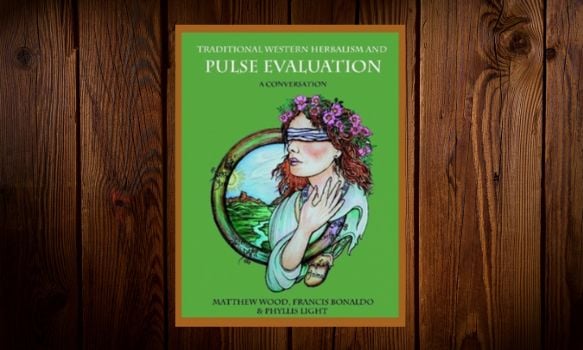
REQUIRED READING
Traditional Western Herbalism and Pulse Evaluation: A Conversation by Matthew Wood, Francis Bonaldo L.Ac. and Phyllis D. Light M.A. is required reading.
Certificate Included
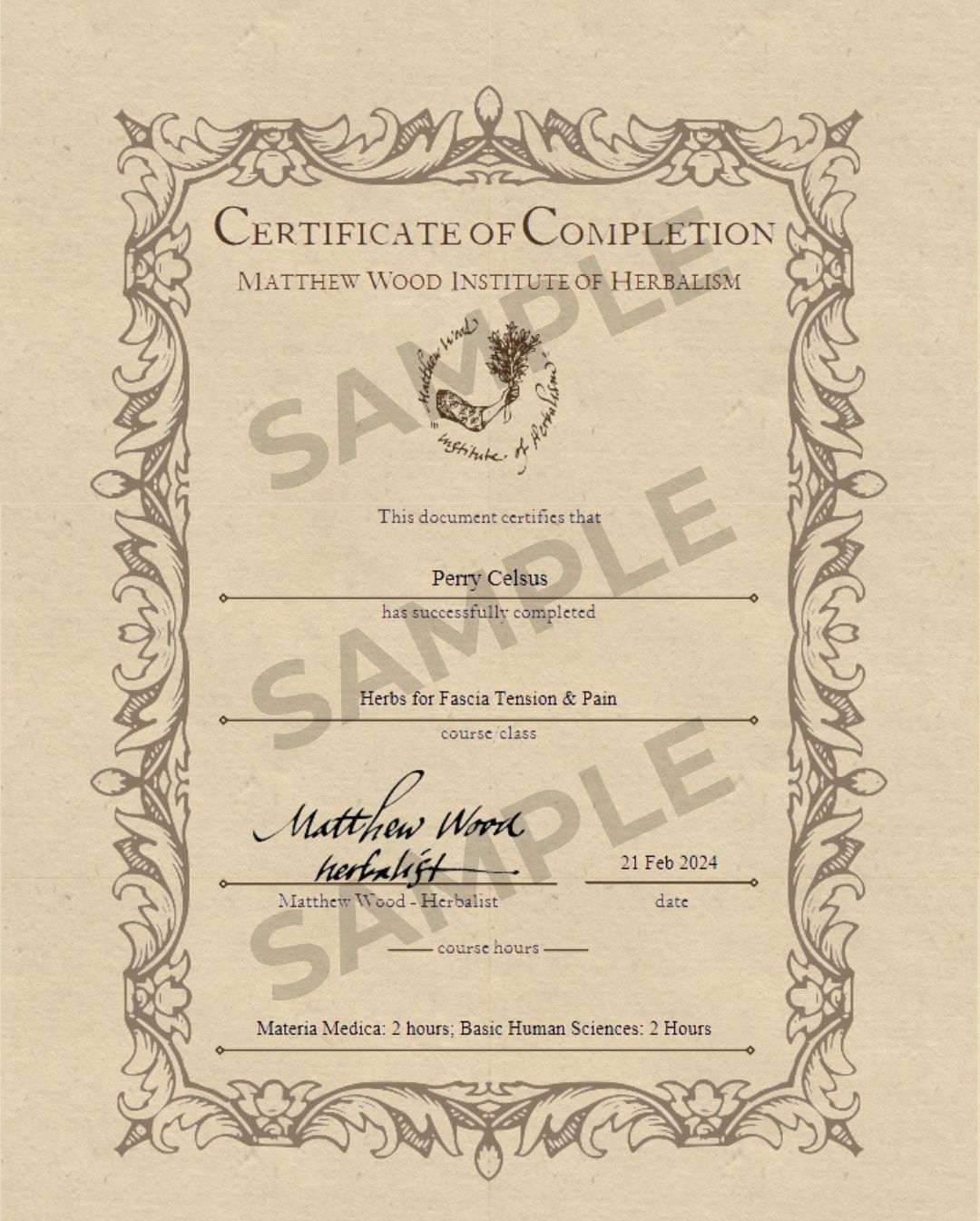
-
How to Get a Certificate
- Complete course materials
- Pass the test with a grade of 70% or better
- Save or print your certificate!
Available with subscription and individual course purchases.
-
Accreditation hours
This course is a total of 28 accredited hours- 28 hours Clinical Experience
*Please check with your accrediting agency whether they will accept accredited hours or certificates from the Matthew Wood Institute of Herbalism
Write your awesome label here.
Pulse Assessment
Take your clinical skills to a new level!
Looking For A DEEPER JOURNEY INTO HERBALISM?
